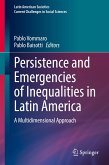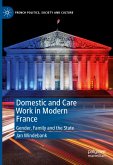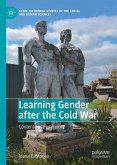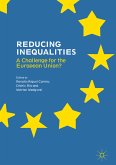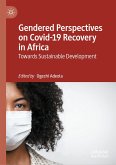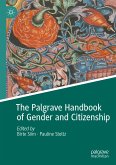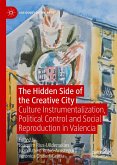The volume stresses the relevance of the intersectionality framework in welfare state analysis by examining overlapping inequalities within the shifting institutional boundaries and organisational processes across diverse welfare settings. The volume explores the strengths and challenges of theoretical and methodological approaches to intersectionality, addressing its spatial, temporal and comparative dimensions. It, therefore, adopts a critical and process-focused approach while recognising the agency of individuals as subjects of state policies. The contributions critically build the link between intersectionality and other theoretical frameworks and research paradigms, including Marxist social reproduction theory, critical race studies, Bourdieuan analysis of class, critical geography, childhood, queer, migration, and disability studies. The contributions provide insights into the institutional realms of health, education, social services, and care work and examine state practices of racial profiling and policing in distinct welfare states. Overall, the contributions illustrate the strengths of the intersectionality framework in empirical inquiries while providing critical reflections on its limitations. Readers across a diverse array of social science disciplines will find this book valuable.
Dieser Download kann aus rechtlichen Gründen nur mit Rechnungsadresse in A, B, BG, CY, CZ, D, DK, EW, E, FIN, F, GR, HR, H, IRL, I, LT, L, LR, M, NL, PL, P, R, S, SLO, SK ausgeliefert werden.



